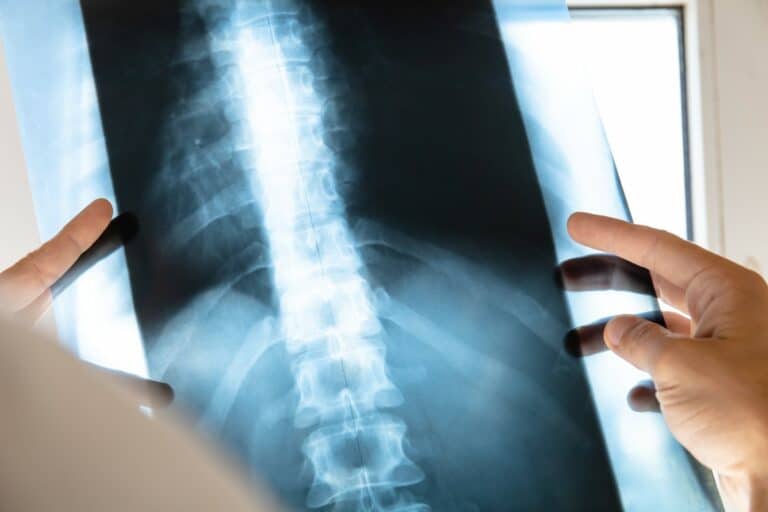Psychiatric injury and bereavement damages: Proposed changes to the law
The Negligence and Damages Bill 2015/16 seeks to address the law surrounding:
- psychiatric injury, suffered as a result of witnessing the death or injury of others; and
- damages for bereavement.
This Private Members’ Bill was presented to the House of Commons by Labour MP for Middlesbrough, Andy McDonald. The Bill had its first reading unchallenged in the House of Commons on 13 October 2015.
The Bill has been drawn from a survey carried out by the Association of Personal Injury Lawyers (APIL), who have long been campaigning for greater fairness for victims of psychiatric harm and for bereaved people.
Psychiatric injury
The law on psychiatric injury as it currently stands evolved out of the Hillsborough disaster, which happened over 25 years ago. Even since, victims of psychiatric injury have had to overcome a number of difficult obstacles in order obtain compensation.
Under the current law there must have been a ‘close tie of love and affection’ between the claimant and the person injured or killed. This close tie is assumed where the claimant is the parent, child, spouse or fiancé of the person injured or killed. With all other relationships the existence of such a close tie needs to be proved.
Also, under the current law, the event causing the injury or death must be ‘shocking’. In other words, the event must have had a direct and immediate impact on the claimant’s senses. The claimant also needs to have been close to the injury or death in terms of both time and space.
The Bill seeks to change the law by extending the list of relationships, where there is assumed to have been a close tie of love and affection.
Under the Bill, the list is extended to include:
- parents and children;
- spouses and civil partners (current and former);
- fiancés;
- siblings
- cohabitees and partners;
- grandparents and grandchildren;
- aunts and uncles;
- nieces and nephews;
- colleagues and friends;
- a person brought up in the same household; and
- a person accepted as a child or grandchild.
The Bill also seeks to repeal the legal requirement for the event to have been shocking. Therefore, as an example, someone who witnesses the death of a loved one over an extended period would be eligible to claim.
The Bill is also looking to abolish the need for the injured person to be close to the event in both time and space. This will enable claimants to seek compensation for psychiatric injury where they did not witness the actual accident, but where they were subsequently notified of it.
Bereavement damages
Under the Fatal Accidents Act 1976, the current level of damages for bereavement is a fixed lump sum of a mere £12,980. Also the class of relatives eligible to claim this award is limited to only:
- the spouse or civil partner of the deceased;
- the parents of a deceased child under the age of 18, where the parents are married; or
- the mother of a deceased child under the age of 18, where the parents are unmarried.
The law is outdated and does not take into account the modern family set up, which has changed dramatically over the years. Parents with a deceased child aged over 18, fathers of children with unmarried parents and also cohabitees are not able to claim the award.
In Scotland, compensation is paid to a wider group of people following the death of a loved one. Scottish judges are free to decide upon who should be awarded bereavement damages. They can also assess the amount of damages that should be received, by looking at the individual relationship.
A survey by APIL revealed that over 80% of people believe that the Scottish system is fairer. The same survey showed that 74% of people think bereavement damages should be awarded on a case by case basis. Under the current law, you can receive more damages for a seriously injured thumb than bereavement; 65% of people feel this is wrong.
APIL’s survey also revealed that over 80% of people feel that people should receive more than £15,000 in bereavement damages, with 57% thinking bereavement damages should be over £100,000.
The Bill seeks to repeal the provisions of the Fatal Accidents Act 1976 and change the law to reflect the situation in Scotland. The Court would then have discretion to decide the level of the award and the parties to whom such damages can be awarded.
Comment
I have blogged recently on psychiatric injury and compensation in fatal accident claims. These areas of the law are in desperate need of reform.
I believe wholeheartedly that the arbitrary figure of £12,980 for bereavement damages is completely inadequate. It should never be cheaper to kill than to maim. I also believe that the people eligible to claim for psychiatric injury and bereavement needs to be extended to reflect the modern family set up.
I recently had the very difficult task of explaining to a mother that she would not be legally entitled to claim the bereavement award, because her son had already turned 18, only three months before his death.
I am encouraged to see that APIL’s campaign is now being acknowledged by the Government. The second reading of the Bill in the House of Commons is scheduled for 4 December 2015. I will be following its progress through Parliament closely and hoping that it reaches the statute books.
People who have suffered psychiatric injury and bereavement, as a result of negligence, have a right to justice. In my opinion the Negligence and Damages Bill is a step towards re-establishing that justice for claimants.










